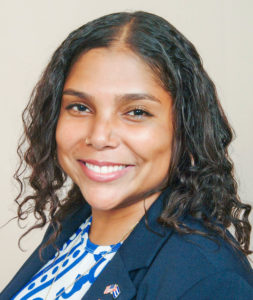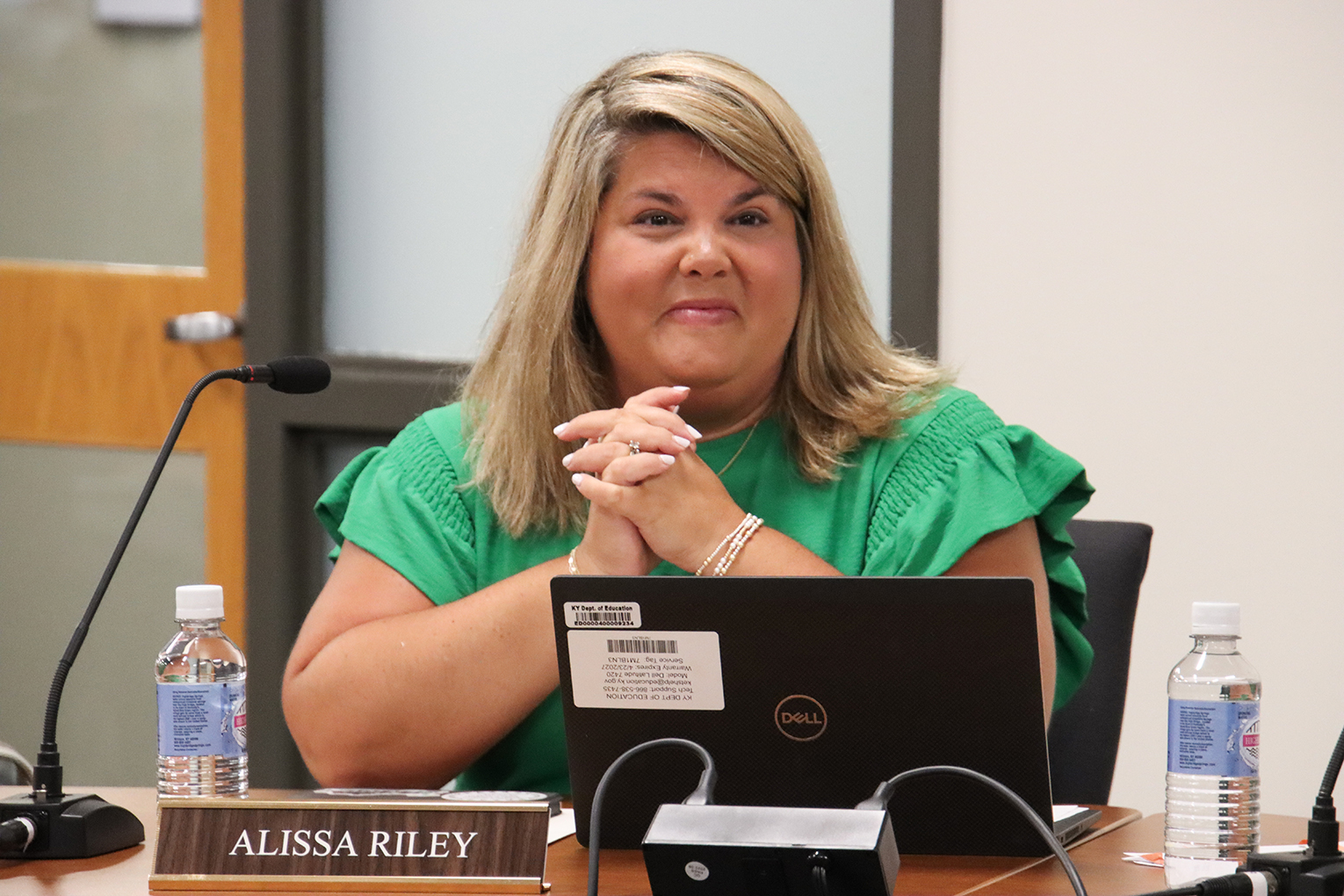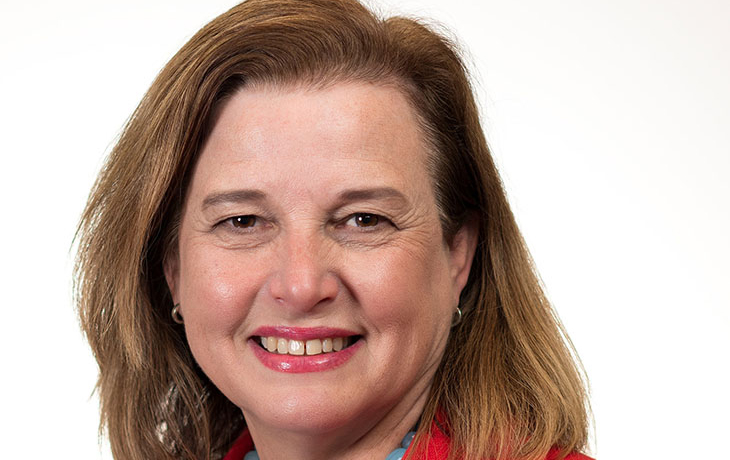
Jessica Dueñas
Growing up as a low-income, first-generation student and being a black Latina in an inner-city community in Brooklyn, a casual observer could assume that I was not educated to my full potential and that I would still be living in poverty. Though my parents’ passion was for me to get the education they did not have in order to escape generational poverty, it was the educators who built relationships with me that changed my life and put me on the path to college.
Passionate educators worked to remove obstacles – for example, my then-perceived low self-worth because I didn’t speak English well – that could have prevented me from going to college. The W.E.B. DuBois Academy, which will open in Louisville in August, was founded solely with the intention of removing barriers for young men in whom I see so much of myself.
The academy’s purpose is to help create educational equity by giving our students, 85 percent of whom are black males, champion educators to help them see their worth and blossom to their full potential. It was for this reason that I made the decision to leave my previous position at Oldham County Middle School and be a part of the founding staff at the DuBois Academy.
Opening a school with an Afrocentric curriculum has stirred a lot of attention from local media outlets. My new principal, Robert E. Gunn Jr., along with myself, were invited to an interview with a local magazine about the process of establishing a new school and how our values as educators will influence the school year overall. When asked about the application process, Mr. Gunn stated, “What we focused on in our application for the W.E.B. DuBois Academy were two questions.”
“And those were?” the reporter asked.
Gunn explained that one question was for families to explain why they wanted their student to be at our school. More strikingly, the second one was for the students themselves: “Why do YOU want to be at the DuBois Academy next year?” Neither grades nor disciplinary history were determining factors in the decision to admit students.
The more that I listened to my school leader and colleague speak, the more I realized that our shared vision for education is that when we build character and relationships first, the academic growth will naturally follow.
Packing my Oldham County Middle School classroom – room 112 – at the end of last school year was bittersweet. Change is difficult, I thought, but without challenges there is no growth, either.
By the next morning, I already was learning to code at a professional development session with new colleagues. Our students will have individual tablets with data plans, enabling each student to be able to bring learning wherever they go regardless of their family’s financial situation.
Quickly, I noticed coding was difficult for me. As I practiced, I thought of my future students grappling with this new access to technology outside of the world of social media. Immediately, I discovered that the grant that is paying for the tablets is going to be much more impactful than just 1-to-1 technology. For our students, these new challenges will give them many opportunities to grow as leaders and build the soft skills that will make them highly employable upon entering adulthood.
A key leadership attribute that we will be developing for our DuBois Lions – the school’s mascot – will be perseverance. The coding camp taught me that when one of my students continues to troubleshoot to find a fault in his code or finds a new way to script an action, he will be persevering. Outside of perseverance, other leadership attributes we will be modeling as adults through our own experiences in and outside the classroom and teaching will include resilience, initiative, discipline and empathy, all of which make up the acronym P.R.I.D.E.
Preparing to model and teach our leadership attributes will be key in order for learning to occur in our classrooms in the fall. Several of our students have complex histories and have lived through diverse adverse childhood experiences. As they learn to exhibit these leadership traits throughout the years, they will be better equipped to grow academically and personally.
As I looked at my future special education students, many of their Individualized Education Programs fell under the disability areas of emotional-behavior disorder or other health impairment. It is important to note that in the category of other health impairments, the diagnosis – in my experience – has often been attention deficit/hyperactivity disorder, which some medical experts say may be confused with a side effect of trauma.
For my special education students, my preparation this summer involved constantly looking at different situations from others’ perspectives before taking action or passing judgment of my own, thus practicing empathy, one of our traits. Practicing mindfulness and being reflective also have been a cornerstone of mine as of late in order to be best prepared to provide a trauma-informed classroom.
By being trauma-informed, I will teach proactively using strategies that keep the social-emotional needs of my students in mind. If they were triggered to have an emotional episode, I would not react from a punitive standpoint, rather one to de-escalate. Constantly being aware of the social-emotional needs of students is vital for creating a learning environment where our students are willing to take risks and buy into us as adults and each other as peers.
One example of experiencing what a student may feel occurred earlier this summer when the DuBois staff went bowling in order to get to know each other. I hate bowling because I am terrible at it, the same way a student of mine may hate reading because of a reading disability. Each time it was my turn to bowl, I did not want to try. But because of the safe environment and encouragement provided by my colleagues, I felt safe to fail and persevered, despite my fear of embarrassment.
Their care of me is the same way I plan to nurture my students with disabilities who may have struggled in school. Practicing what I want my students to become is a top priority of mine.
If we as educators ensure that we are prepared to open our classroom doors this fall ready to meet students where they are at – not just academically, but socially and emotionally as well – holding high expectations while also practicing empathy, many of our state and nation’s students will have a successful start to the 2018-2019 school year.
Jessica Dueñas, the 2019 Kentucky Teacher of the Year, is a special education teacher at the new W.E.B. DuBois Academy (Jefferson County). She has worked in education for 10 years. She previously taught in the Oldham County school district and in New York City. She currently serves on the Kentucky Commissioner of Education’s Teacher Advisory Council.



Leave A Comment